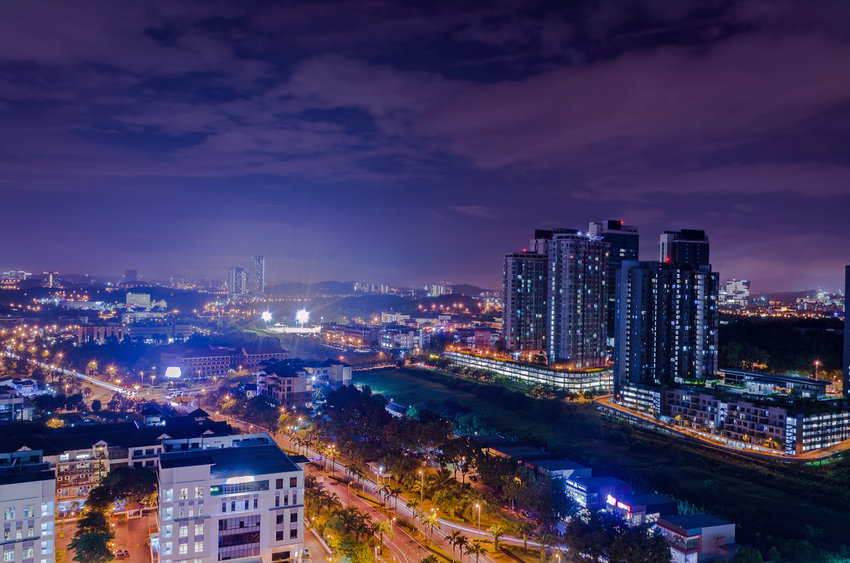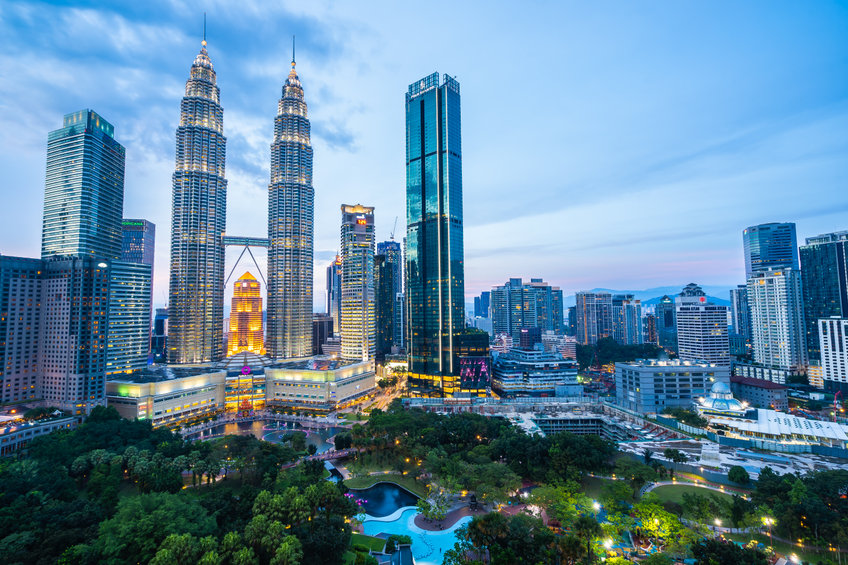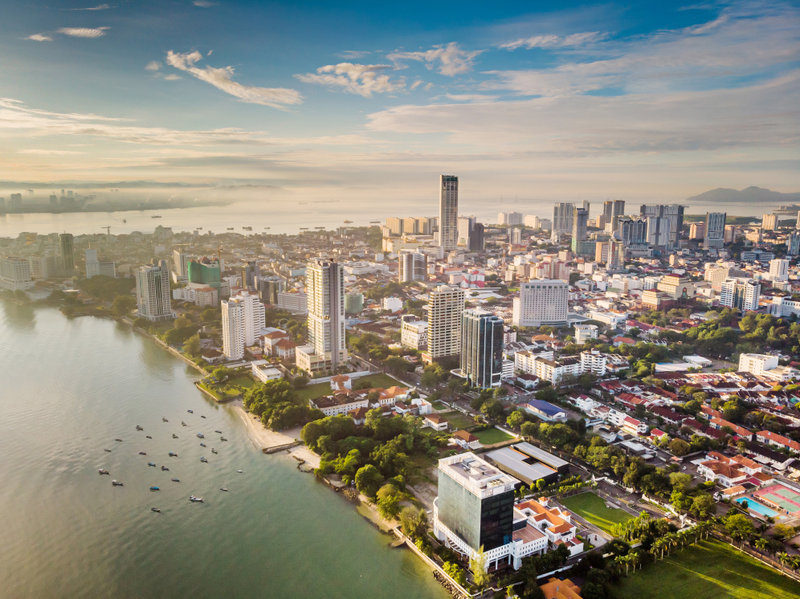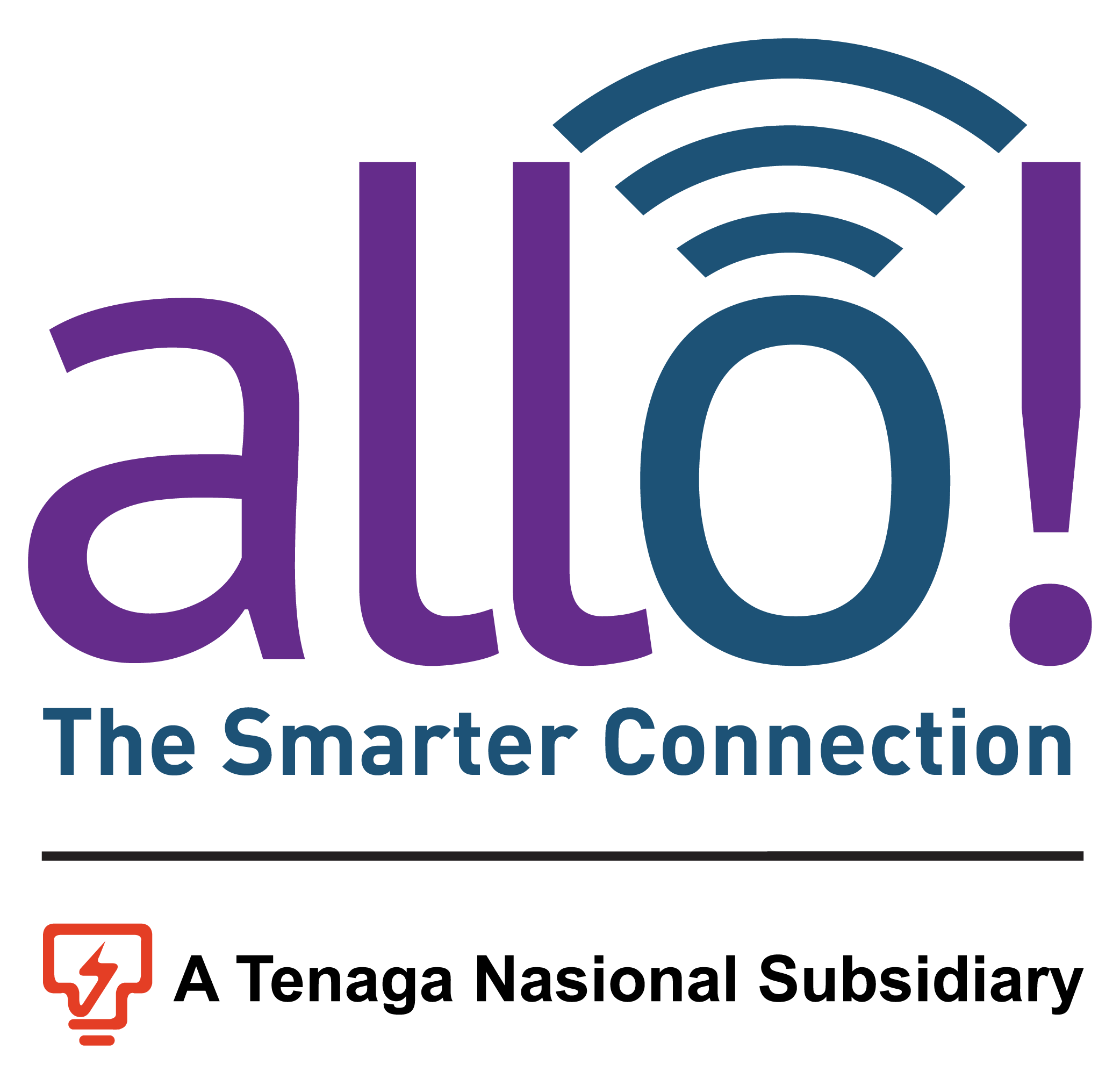BLOG
Everything You Need to Know About Malaysia’s Smart Cities

A smart city is a blend of technology and infrastructure that provides a clean and energy-efficient space for easy and quick access to services. It relies on the digitalization of information. The result is that everyone can perform their daily activities with ease.
Many countries have been working on various ways to make their cities smart, as the United Nations predicts that most of the world’s population will live in urban areas by 2050. There will be more societal, environmental, and economic challenges with an increasingly urban population. Smart cities are the solution to overcome these challenges and make cities better places to live and work.
Smart cities rely on various technology, such as:
- Internet of things (IoT): This is a system of interrelated computing devices that talk by exchanging data. IoT is responsible for connecting the technology of the smart city. It will include lights, meters, and sensors, for collecting and analyzing the data to make proper planning and management decisions.
- Artificial intelligence (AI): In the past few years, AI has taken over industrialization to automate tasks using bots. With AI, it is seamless to design machines to mimic human decisions such as counting vehicles or pedestrians when checking for traffic in the area.
AI will help boost security by detecting people’s faces, reading number plates, and processing satellite data to provide city patterns required for planning.
- Augmented reality (AR): AR refers to an enhanced version of the world people live in using digital visual elements, sensors, and sounds. It helps improve smart cities, such as helping to manage emergencies and being prepared for disasters. Digitalizing real-life situations makes it easy to search for nearby events, parking, hotels, retailers, restaurants, and transport hubs. During emergencies, it will direct people to find exits and evacuate without hassle.
- Geospatial technologies: These are technologies that help smart cities’ geographic mapping. The maps help respond to emergencies quickly and improve transport and commuting in these cities. The maps also help track the spread of diseases like COVID-19 to ensure people living there are safe.
Smart Cities in Malaysia
Malaysia has been at the forefront of making its cities smart. Some of them include:
- Kuala Lumpur
- Kuching, Sarawak
- Cyberjaya & Putrajaya
- Kota Kinabalu, Sabah
- Johor Baharu, Johor
- Selangor
- Melaka
- Penang

Role of Connectivity towards Developing and Maintaining Smart Cities
The building block of intelligent cities is reliable, pervasive wireless connectivity. The role of connectivity is to enable various processes to be carried out as planned. Some of these include:
- Public Services: In smart cities, facilities like status checks, online applications, and shared facilities require fast connectivity to automate services. People can get these services without physically costing the service centers.
- Public Transport: Smart cities use intelligent and effective public transport to ease traffic. The public enjoys easy online ticketing from their houses and uses smart cards for recharge facilities. The cities also have last-mile connectivity for improved delivery services and real-time bus route information.
- Safety & Security: In the era of advanced technology, it is common to find people still calling SOS numbers or running to the police station during emergencies. This changes with smart cities. App-based security alarms offer quick communication with authorities and automatically share distress locations in real-time.
- Environment & Power Consumption: The modern infrastructure clubbed with technology helps create a sustainable environment by reducing the carbon footprint for smart cities. Some applications monitor lights and water usage for everyone living in the city. Smart parking solutions will also help to reduce traffic congestion.
- Health: With connectivity, you can make online appointments with hospitals, check bed status, and check online information for inventory and medical supplies. These simple integrations make it seamless to get health services.

The Benefits of a Smart City for Businesses and Residents
According to a McKinsey Global Institute, smart cities help to improve the quality of life. They enhance safety, cost of living, environment, connections, time, jobs, and health by 10 to 30%. Some of the top benefits smart city technology offers include:
- Better Traffic Flow
Every city resident understands the nuisance of traffic congestion, but smart cities offer some impressive solutions. The technology will control traffic lights in real-time and alert residents to use public transport during off-hours.
- Improved Energy Efficiency and Health
The growing city population increases pressure on natural resources and public amenities. Smart technologies will help cities conserve their resources by reducing unnecessary energy and water. Also, sensors will help to improve air quality by reducing emissions. By allowing residents to consult doctors easily, they enjoy quick services regarding vaccinations or sanitation.
- Better Citizen Collaboration and Feedback
Smart city technologies allow neighbors to collaborate effectively to report local issues, share resources, and connect with others. They also concept with the city governing bodies to take part in the decision making for their cities.
- Safer Cities
Technology like Wi-Fi, IoT, and surveillance cameras are common in smart cities. These technologies help to improve safety by improvising incident response times. Other camera features like facial recognition, fire, and smoke alarm capabilities will lower the risk of crimes and disasters.
- Upgraded Infrastructure
The technology used in smart cities, such as predictive analysis, helps identify areas of weakness to improve bridges, roads, and buildings. Sensors will detect any infrastructure flaws and indicate when they need inspections and maintenance.
As technology continues to advance and the nation embraces new standards of living, the need for quality connectivity will remain at the core of many growing cities looking to adapt and rise up to meet these expectations. Through it all, Allo will be there supporting the fibre rollout, so no Malaysian is left behind.
We are ready to provide the support you require to survive in the world of technology. Contact us today to get started.
